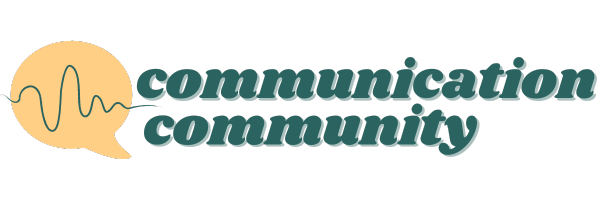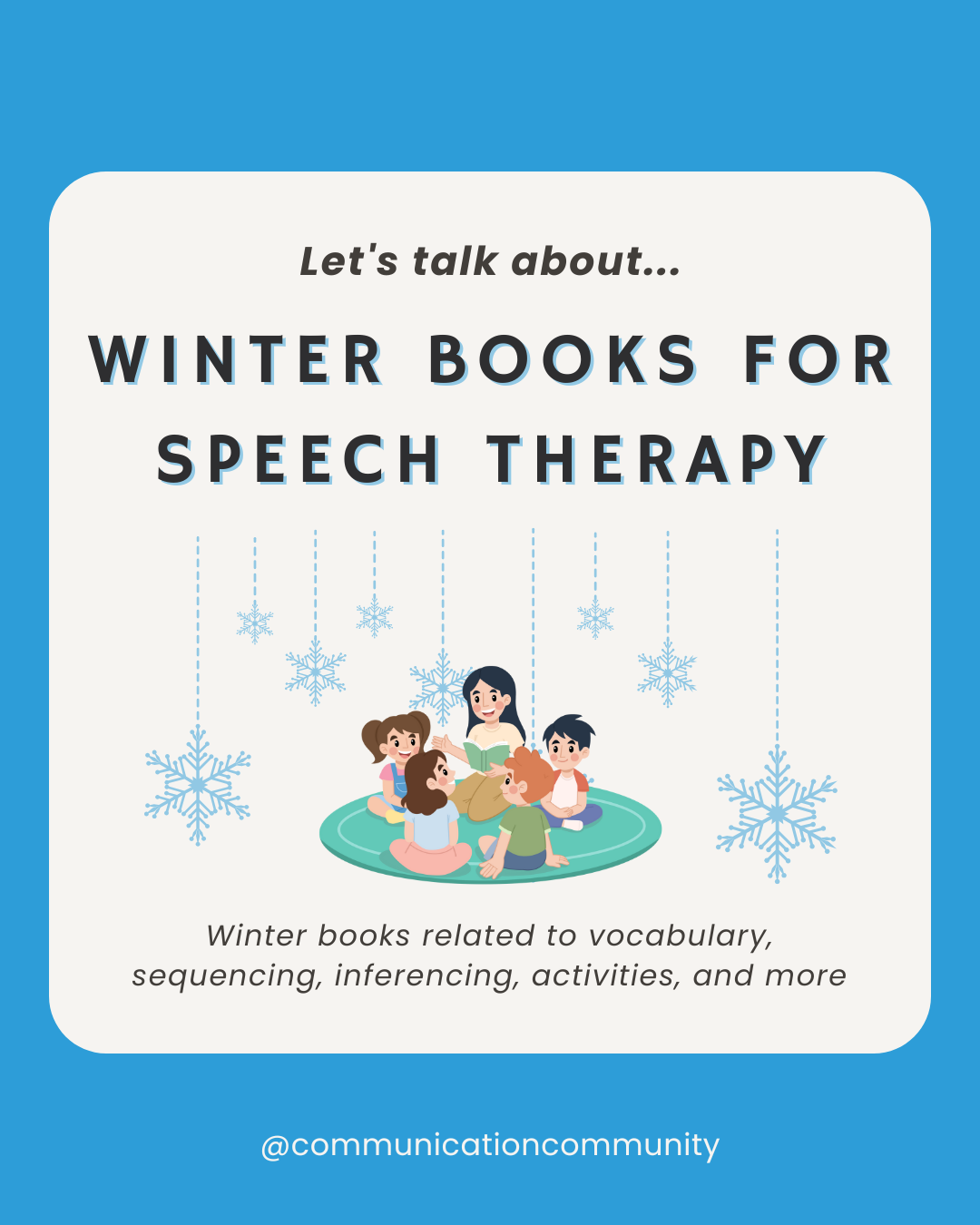You may have heard the term “pragmatics” thrown around here and there, but what does it actually mean? What makes it so important?


This may be a familiar scenario: your child, or a child you know, is extremely interested in superheroes. They can name all the DC ones, all the Marvel ones, and tell you their kryptonites and what city they are protecting. But when it comes to playing superheroes with someone else, they really struggle. In this case, pragmatic language may be their kryptonite.
What Is Pragmatic Language?
In the field of speech-language pathology, pragmatic language refers to the social aspect of language, meaning using language with others. It is one of the five domains of language. Considering pragmatic skills is important for many reasons. Most individuals need to interact with others throughout the day. Children especially are reliant on others to help them throughout their days. A child needs to communicate to their caregivers their wants and needs, pains and weaknesses. As adults, we need to be able to communicate with doctors, bosses, co-workers, and friends. Impacted pragmatic language skills can affect these daily tasks.
Sometimes, pragmatic language difficulties are hard to spot. Someone may get along with others but have trouble forming close friendships. They may have difficulty playing a team sport. Group projects may be difficult. Maintaining a job could be harder.
Who may have pragmatic language difficulties?
It is very typical for autistic individuals, or individuals with autism spectrum disorder (ASD), to present with pragmatic language difficulties. Other individuals who may have pragmatic language deficits include those with intellectual disabilities, developmental disabilities, learning disabilities, and brain injuries.
The table below notes some pragmatic language milestones. For additional information, check out the ASHA website on social communication or this article on pragmatic language assessments.
| Age | Skills |
|---|---|
| 0-6 months | Follows movement with eyes Shows excitement when familiar person approaches Differentiates cries (for hunger, discomfort, etc) Responds to name Vocalizes in response to someone else’s speech |
| 6-12 months | Initiates vocalizing to someone else’s speech Recognizes familiar people Enjoys interacting with others Uses gestures to request needs (being picked up) or preferred items |
| 1-2 years | Requests objects by name or pointing, also brings objects to show adult Says or indicates “no” Says or makes gestures for common words such as “hi,” “bye,” “please” Acknowledges others’ communicative attempts by making eye contact, vocalizing a response, or repeating word |
| 2-3 years | Expresses emotions (excited, tired, thirsty) Engages in short conversations Initiates conversations Begins to tell short stories (e.g. about an event that they experienced) |
| 3-4 years | Plays make believe or takes on other roles during play (e.g. as parent, teacher) Uses appropriate eye contact Maintains conversation topic for 2-3 turns Clarifies information if listener does not understand |
| 5-6 years | Tells stories with greater detail and coherence Maintains conversation topic for 4+ turns Asks permission to use others' belongings Responds appropriately to wh- questions (e.g. who, when, where) |
Pragmatic Language Concerns
If you suspect that your child or loved one may have pragmatic language difficulties, they can be evaluated by a speech-language pathologist.
Because the scope of pragmatic language is wide, blanket recommendations are not necessarily helpful for everyone. Additionally, not everyone *wants* to receive intervention for pragmatic language, and that is okay as well.
Important Notes on Pragmatic Language
"Typical" pragmatic language skills can be highly subjective and differ based on different cultural backgrounds. An important part of evidence-based practice is the client/family's perspectives and goals. If they do not want pragmatic language intervention, that must be honored.
Additionally, research on pragmatic language has indicated that individuals with grammar and vocabulary difficulties (other domains of language) may have more difficulty with pragmatic language skills. Furthermore, there are many tests and checklists related to pragmatic language but they are not always the best ways to assess an individual's pragmatic language skills.
Check out our article on How to Write Pragmatic Language Goals for information about goal-writing!
Citations/further resources
This article has been updated since its original posting.*
Pragmatic Language Assessment Guidelines: A Best Practice Document ECICMC Standards and Guidelines Speech Sub-Committee, K Marasco, C O'Rourke, L Riddle, L Sepka, V Weaver - SeeMyIEP Website, 2004.
https://www.asha.org/Practice-Portal/Clinical-Topics/Social-Communication-Disorder/
https://www.cambridge.org/core/journals/journal-of-child-language/article/novel-online-assessment-of-pragmatic-and-core-language-skills-an-attempt-to-tease-apart-language-domains-in-children/2A2BA35AC8D46C219C0BB31D4CB8C838 (via https://www.theinformedslp.com/review/is-pragmatic-language-even-a-thing)







